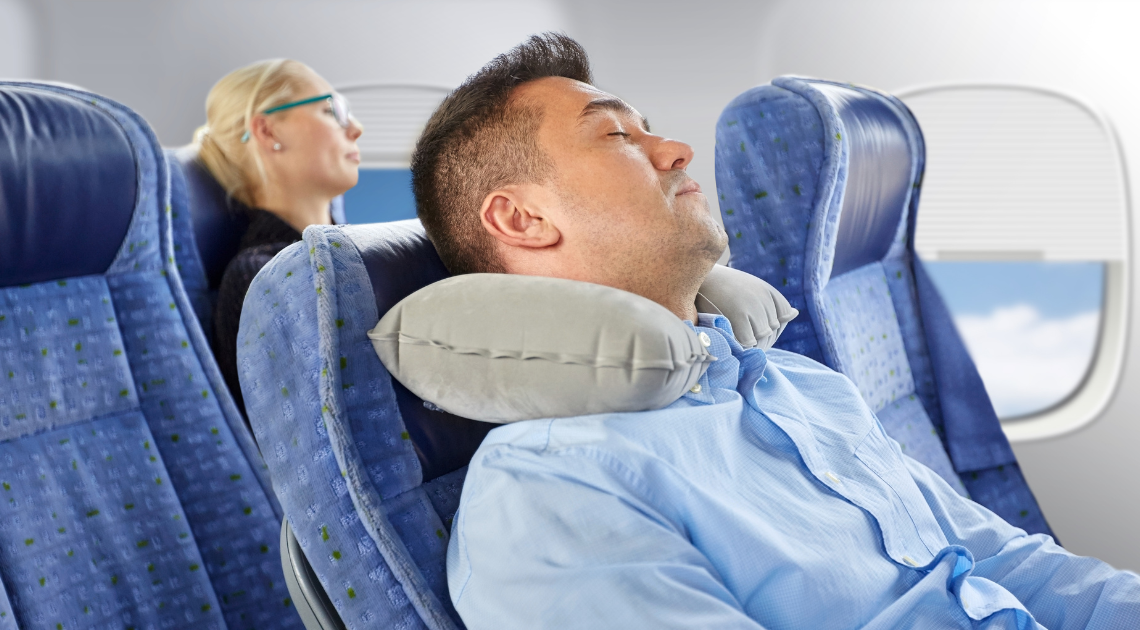How to Find Furnished Houses for Short Term Rent for Internships
Starting an internship is exciting, but finding a place to stay can be stressful. You want something affordable, comfortable, and close to... Read More

Traveling on a plane can be exciting, but getting good sleep can be hard. Small seats, noise, and different time zones can make it tough to rest. But don’t worry! With some simple tips, you can make your next flight more relaxing. Let’s talk about the best ways to sleep on a plane, so you can enjoy your journey without staying wide awake.
When looking for the perfect seat, consider a window seat for extra comfort. This is one of the essential travel tips for getting good sleep on a plane. Leaning against a solid surface minimizes disturbances and adds extra support. Opt for seats near the front of the plane to reduce noise from engines. It’s a travel tip that can make a significant difference in your in-flight experience.
Thinking about past travel experiences is a valuable travel tip to enhance your overall journey. Learn from previous trips and adapt your approach to improve comfort and rest during flights. Incorporate positive aspects from your travel experiences into your routine, making each journey more enjoyable and memorable.
Having the right travel pillow makes a big difference in getting comfortable sleep. Choose a neck pillow that gives enough support and can be adjusted to your liking. Memory foam or inflatable pillows are good choices because they mold to your neck and make you feel cozy.

Wearing comfortable clothes is really important for a good rest on your journey. Choose loose, breathable fabrics, and wear layers to be ready for different cabin temperatures. Bringing a cozy sweater or light blanket can help you stay warm during the flight.
To sleep better, create a space that’s good for sleeping. Wear an eye mask to block out light, and use noise-canceling headphones to reduce sounds on the plane. Making a comfortable space can signal to your body that it’s time to rest.
Traveling to different time zones can mess up your sleep routine. To help with jet lag, change your sleep schedule a few days before your flight. Gradually go to bed earlier or later to match the time zone of your destination. This helps your body adjust more smoothly.
Not drinking enough water can make jet lag worse and make it harder to sleep. Drink plenty of water before and during your flight. Try not to have too much caffeine or alcohol, as they can make you dehydrated and disturb your sleep.
Long flights can make your body feel stiff. So, one of the best ways to sleep on a plane is do some stretching and light exercises. Move your ankles, roll your neck, and do seated forward bends to improve circulation and make you feel more relaxed for sleep.

For those who struggle with in-flight insomnia, consider natural sleep aids like melatonin supplements. Consult with your healthcare professional before taking any medication, even over-the-counter options, to ensure they are suitable for your specific health needs.
Join The Discussion